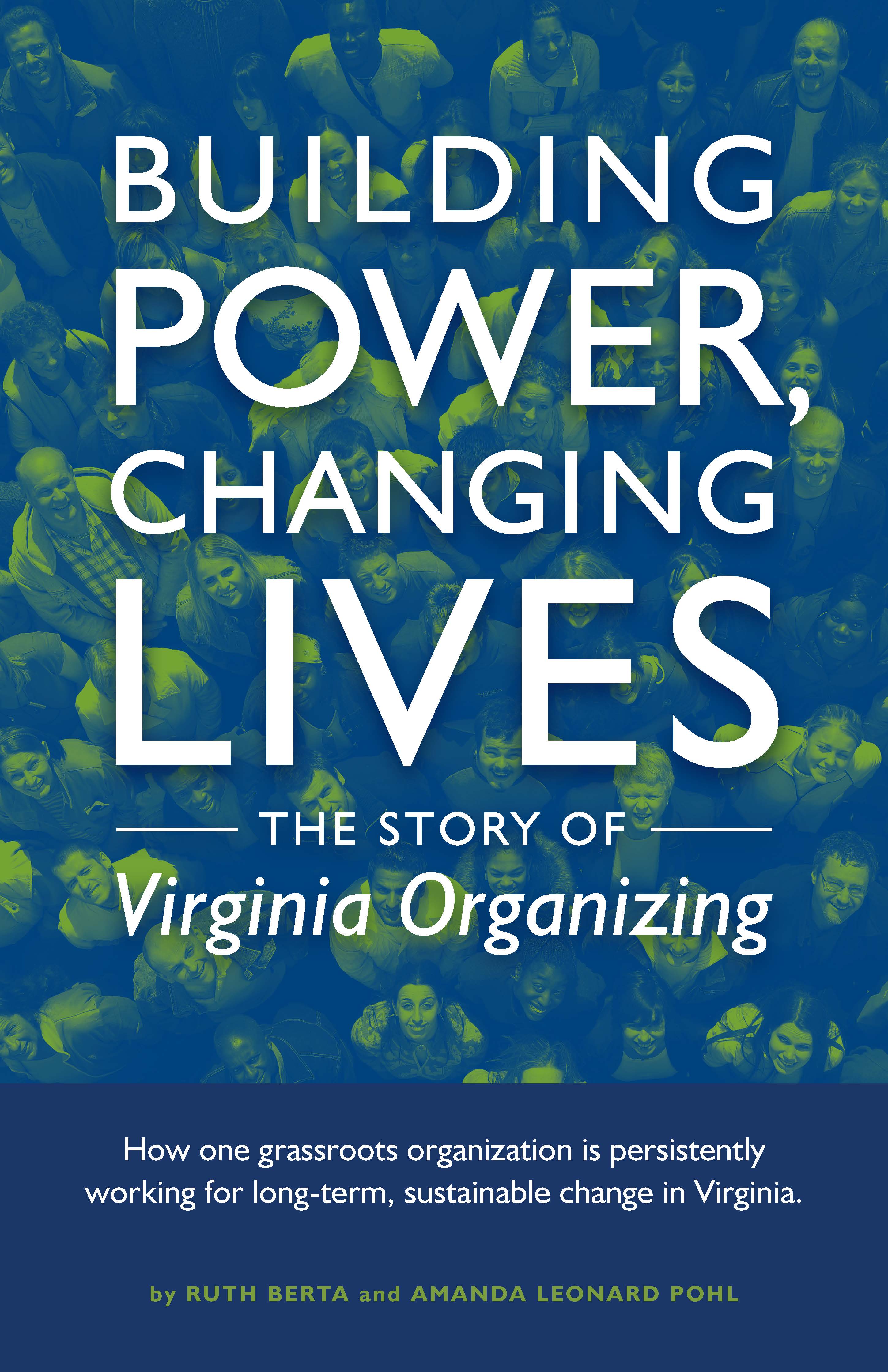COMMUNITY DEVELOPMENT CORNER - There is a bias controlling colleges and universities, but it’s not what you think
Written by Gregory Squires
Just about every day some right-wing pundit or official is protesting the left-wing bias that they claim is dominating America’s colleges and universities. They are proposing wide-ranging policies to eradicate the “woke” culture presumably in control of the nation’s schools. This sentiment has emerged even among some academics themselves. One English professor recently wrote “Higher Ed, We Have a Problem. It’s time we start grappling with left-wing bias on campus and the problems that’s created for higher education.”
There is a dangerous bias that is in control of higher education in the US, but it is coming from the right. And it is coming from forces inside and outside of the academy. Progressives wish they had the power that is attributed to them.
Particular targets are initiatives that attempt to address the racial bias that has long been a central feature of educational institutions and American society generally. Often implemented under the label of diversity, equity, and inclusion (DEI), efforts to ameliorate racism are now, unfortunately, being successfully challenged.
College presidents have perhaps come under the most criticism. But the real power that controls colleges and universities in the US is the board of trustees at each institution. Just who are these people? Are they labor leaders, community organizers, social workers, college professors and other voices traditionally associated with left or progressive policies? Hardly.
According to a 2020 report of the Association of Governing Boards of Universities (AGB) 75 percent of boards of public universities come from the business or professional service worlds. For independent schools, it’s closer to 80 percent. Approximately 11 percent come from the world of higher education in both sets of institutions. This pattern has not changed since AGB began collecting this information in 1969. These are almost all smart people who have the best interest of their schools at heart. But most also have a perspective that does not square with the socialist vision right-wing critics assert is dominating college campuses.
Another indicator of the controlling culture is the curriculum, but again not as conservatives assert. According to an October 2023 “Save Our Schools Blog,” there are more than 800 business schools in the US. This compares to 103 programs in Labor and Industrial Relations according to the Labor and Employment Relations Association. Schools, of course, attract far more students and have much more influence than programs.
Related, is the attack on DEI. So far at least five states have banned certain DEI programs and 40 bills have been introduced in 22 states to cut back or eliminate these initiatives according to US News and World Report. Momentum is on their side. The recent Supreme Court decisions prohibiting the affirmative action admissions programs at Harvard and the University of North Carolina, subsequent challenges at other universities, and now challenges of corporate DEI programs capture the mood.
One of the most pernicious criticisms of DEI programs is that they reflect one basic viewpoint or perspective. They fail, it is argued, to adequately incorporate conservative thinking. The issue of the supposed absence of viewpoint diversity is worth debating. But this hardly means higher education should not be addressing the nation’s longstanding history of racial discrimination.
Perhaps it should go without saying, but apparently some observers do need to be reminded, that people were not enslaved for hundreds of years and they did not have their right to vote and other basic rights restricted by Jim Crow laws because of their viewpoint or perspective. Reconstruction did follow the slave era and Jim Crow gave way to the civil rights movement.So every two steps forward seems to be followed by one step back. The challenge to DEI programs follows this nation’s longstanding pattern of retrenchment that has followed those short-lived eras of racial progress.
The path forward will no doubt be contested. Should the Republicans take control of more local, state, and federal offices, further retrenchment will likely follow. If the Democrats are more successful at the ballot box there is more opportunity for civil rights gains, or at least protections of what is left, from the struggles against Jim Crow.
There is a creeping bias exercising greater control of colleges and universities in the US. It is not what most people are talking about today. But, they should.
Gregory D. Squires is a Research Professor and Professor Emeritus in the Department of Sociology at George Washington University










